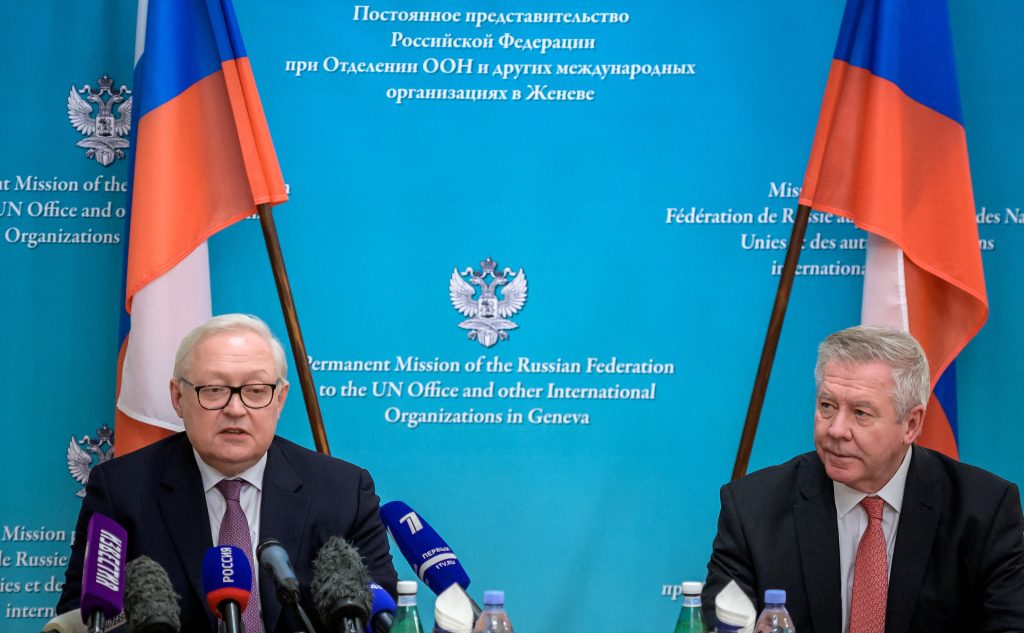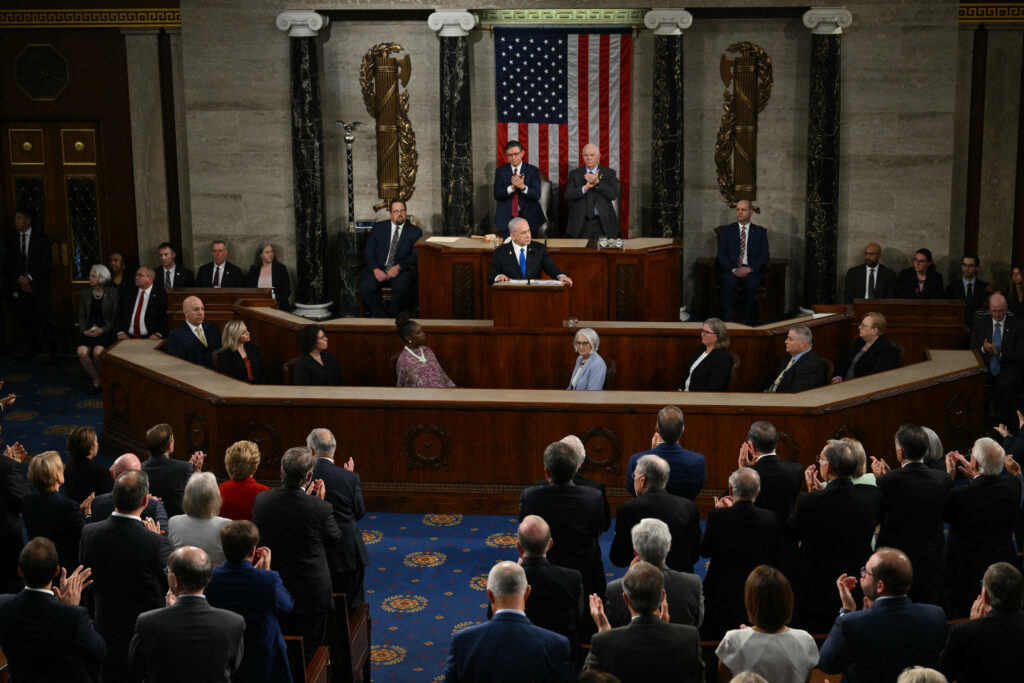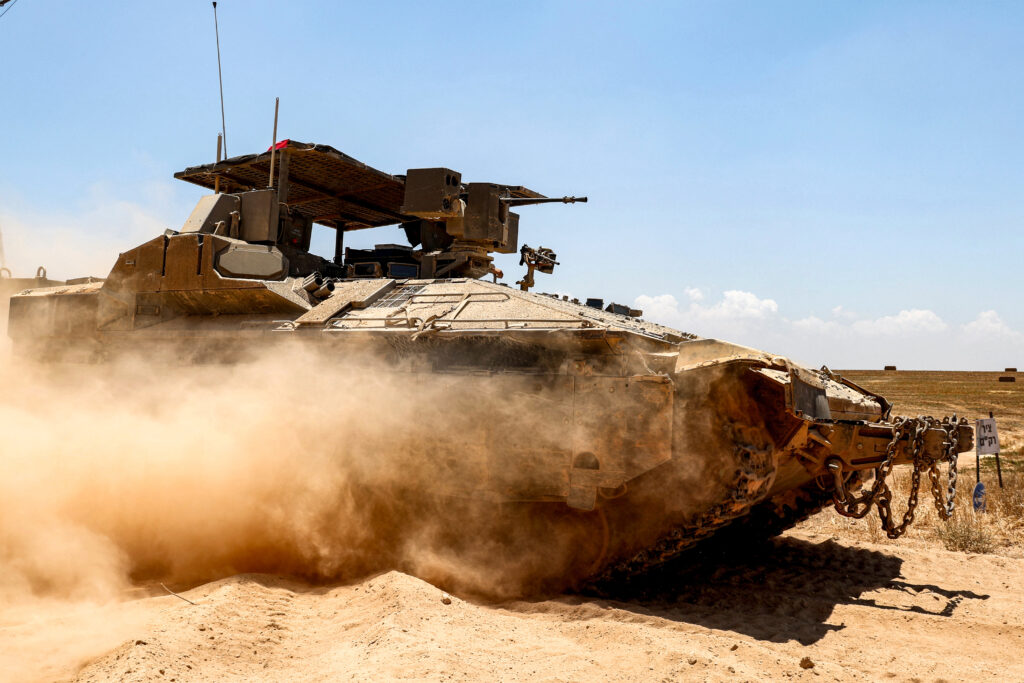A Russian Invasion of Ukraine Could Reverberate Throughout the Middle East
- - January 25, 2022

By Gyorgy Busztin, Visiting Research Professor, MEI-NUS
The looming threat of a Russian invasion of Ukraine raises alarming prospects for the future of the relationship between the West (Nato) – which is unwilling and unable to provide effective defence to a sovereign country against naked aggression – and Russia, which is striving to re-establish its Soviet-era territorial extension[1]. The United States and its European allies have threatened to make Russia pay a heavy price if it invades. Whether this is enough of a deterrent remains to be seen. In any case, the relationship between both sides is rapidly deteriorating to its lowest point since the Cold War.
Beyond Europe, however, the standoff between the West and Russia may aggravate crises elsewhere that are simmering, but have not reached a boil – with the Middle East, a cauldron of dangers, chief among them.
Thus far, Russia has played a role in keeping a lid on tensions in the region – when this has served its interests. But Moscow has also been more than willing to poke a bear with a stick if it deems this necessary. The danger is that if the gloves come off in its confrontation with the West, Russia will wholeheartedly embrace the spoiler role. There are several areas in the Middle East where this will create a host of problems:
The JCPOA negotiations: There is some dispute over whether Russia sees benefit in being a spoiler to advance its specific interests[2] – by nixing a deal, it can keep Iran in its orbit – or if it accepts that a nuclear Iran is a challenge to all. As Iran tries to stay afloat and grasps at straws, Russia sees an opportunity for itself. If it is freed some sanctions, Iran would be free to choose from a wide range of economic partners who are currently off limits, leaving Russia in the cold. All indications are that Moscow’s interest lies in keeping Tehran isolated and reliant on the lifeline of the economic partnership it now offers – something it could do without cost if it is subject to heavy Western sanctions over Ukraine. Russia might not be able to single-handedly block the JCPOA from being resuscitated, but it can do a lot to make the process more difficult, and lengthy.
The war on terror: If war breaks out in Ukraine, chances are that the minimum consensus on delineating the spheres of influence between Russia and the US in the Syrian theatre will dissolve. The war to curb ISIS’ revival, which depends heavily on co-ordination between the two powers, may then suffer setbacks. Russian over-reach to consolidate its hold over Syria – in cahoots with Iran, and in the face of Turkey, which was presumably discussed in the much-publicised meeting between Vladimir Putin and Ebrahim Raisi in Moscow – may blunt anti-ISIS action.
Energy policy: If Russia gains more leverage over Saudi Arabia – no remote prospect in the wake of Crown Prince Mohammad bin Salman being ostracised in Washington – OPEC Plus may lose the moderating role that kept oil prices somewhat in check. A Moscow-Riyadh tandem, should it be consolidated, could pose serious challenges to American, and, by extension, Western economic interests, and to the entire global economy – something Russia would not care much about if forced into autarchy.
If Russia is intent on gaining political leverage over oil producers in the wider region, this may re-ignite the conflict in Libya, with Iran (if left without a JCPOA) also playing a bigger role. This will impact the global oil supply.[3] In a worst-case scenario, it may result in a US vs Russia-Iran naval stand-off along supply lines (with Tehran using proxies such as the Houthis or Iraqi militias to block specific producers’ market reach). This scenario, though currently unlikely, will only increase price volatility, and its primary effects will be felt on Western economies. Such a tactic would also be an effective means of retaliation against the threatened Nord Stream 2 pipeline closure.
Israel: Moscow could manipulate events in the region in a way that gives it effective, if not exclusive, leverage over the security of Israel by permitting more space to Iran in Syria, Lebanon, and Iraq, where US and Gulf influence is waning[4]. It could also make itself the lone power capable of communicating with all sides, an advantage it could use to blackmail Washington and manipulate the European Union.
Migration and refugee flows: Russia could revert to tactics it used to help trigger the 2015 migration crisis, which upended European politics[5]. It has tested this ability in concert with Belarus on the Polish and Lithuanian borders recently (and as an overture to the Ukraine crisis), with debilitating effects. New mass migratory waves could also be instigated by Russian destabilisation efforts in Libya and the Sahel belt.
Drugs, crime, non-state actors: Russia can use its private military companies, aided by Iranian networks in both the Middle East and Latin America (bolstered by a wide Hezbollah presence in countries of Central and South America), to ramp up international criminal activity targeting the US and Europe.
Arms proliferation: Russia could inundate regions where the US and Europe have attempted to stabilise failed states with light and medium arms to bolster non-state actors, criminal groups, and other spoilers. Such activities could keep local conflicts brewing, pinning down significant US and Western (Nato) energies – Mali is a case in point.
This list is by no means exhaustive. Other examples include the tightening Russian-Turkish competition triggered by the Ukraine standoff and crisis in Kazakhstan, where both sides are pacing each other warily.
The Ukraine crisis, with troops facing down each other across frozen wastes, can seem remote at times. But just as the Cold War gobbled up the rest of the world in its wake, the effects of a full-blown confrontation between the West and Russia will come home to roost sooner rather than later. By diverting attention from pressing global problems that require international cooperation – Covid-19, climate change, WMD proliferation – its effects will be further magnified. Russia has been famously described as both arsonist and fireman in Western circles. A war in Ukraine would make that description chillingly apt.
Image caption: Russian Deputy Foreign Minister Sergei Ryabkov (L) and Russian Ambassador Gennady Gatilov attend a press conference following talks with US counterpart on soaring tensions over Ukraine, in Geneva, on 10 January 2022. Photo by Eloi Rouyer / AFP.
About the Author
Dr Gyorgy Busztin is Visiting Research Professor at the Middle East Institute, NUS.
A career diplomat and an academic, he served, between 2001 and 2011, as Hungary’s ambassador to Indonesia and subsequently, Iran. In 2011, Dr Busztin was appointed deputy envoy of the United Nations in Iraq, responsible for the political, analytical, electoral and constitutional support components of the UN’s mission in Iraq. He served at the level of assistant secretary-general until October 2017.
Dr Busztin holds a degree in Arabic history from Damascus University, Syria and a Doctorate in Arabic language and Semitic philology from Lorand Eotvos University in Hungary. In addition to his native Hungarian, he speaks English, French, Arabic, Farsi/Dari (Persian), Malay (Indonesian) and Russian. He believes strongly in political and intercultural dialogue and has engaged leading politicians, intellectuals, religious leaders and representatives of civil society.
End Notes
[1] Putin called the dismemberment of the Soviet union a “geopolitical catastrophe” hinting at the necessity of a revival.
[2] Former Iranian foreign minister Zarif openly accused Moscow of attempting to sabotage the JCPOA talks at their initial stage.
[3] Mark the latest attacks on Gulf shipping ascribed to the “Houthis”.
[4] At the behest of Riyadh GCC countries collectively ruptured ties with Beirut.
[5] Intelligence pointed to massive Russian interference in triggering the flow.
More in This Series
More in This Series
- Jean-Loup Samaan
- - July 11, 2024
- Aisha Al-Sarihi, Ehsan Rasoulinezhad, Jinseok Sung
- - June 20, 2024








